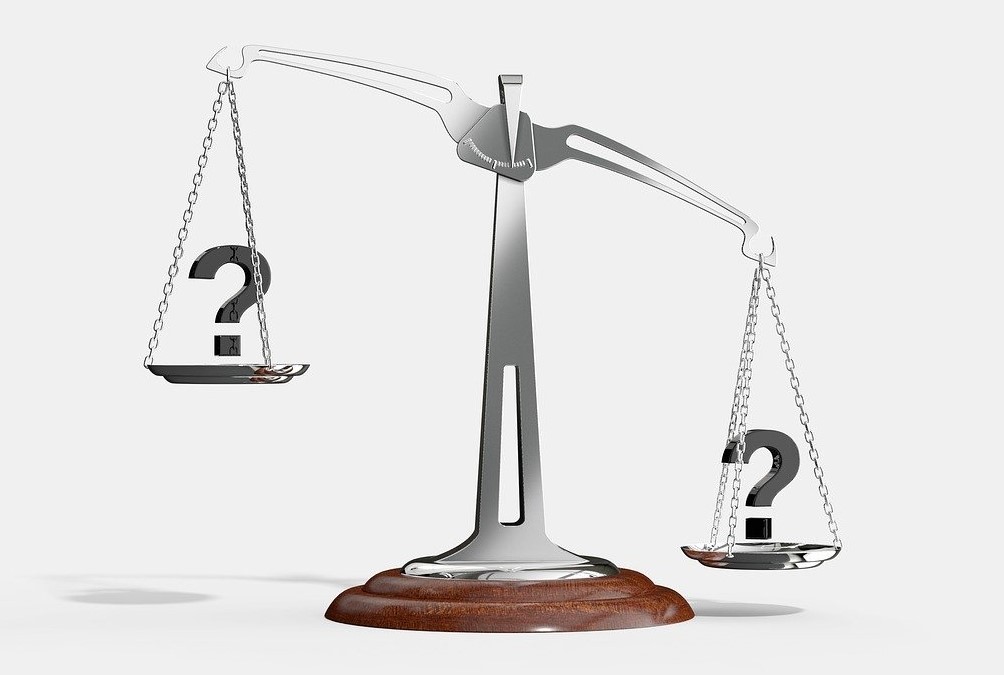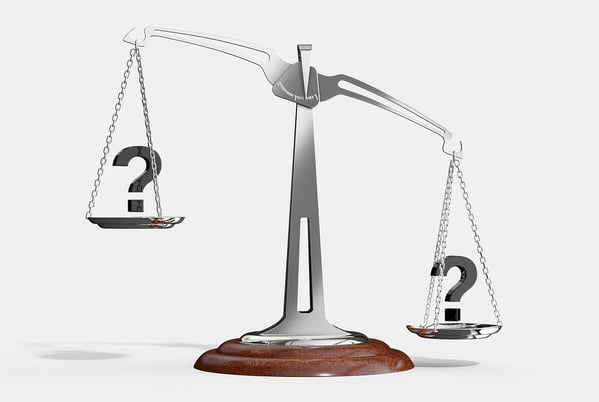
If you’re reading this newsletter, you’re probably already familiar with what ERP does. But as a relative newcomer to the business software landscape, some are still figuring out what CRM can do for your business and how it’s different than the ERP system you already have. Let’s explore the details around ERP vs CRM.
First things first … CRM stands for Customer Relationship Management, and it’s important to understand that CRM is both a tool and a philosophy for managing relationships with your current and prospective customers.
At its core, CRM software ties all of your customer-facing activities together. So, whereas ERP ties together “back office” functions such as accounting, purchasing, inventory, and operations, a CRM system ties together “front office” functions such as:
In short, CRM connects and streamlines sales processes while providing better visibility and reporting on activities such as upcoming meetings, pending quotes, open orders, shipping status, paid/unpaid invoices, customer service & support issues, and much more.

While there are similarities between ERP and CRM - in particular when it comes to the goal of using technology to cut costs, drive revenue, and improve efficiency - the two solutions serve different purposes. Here are some of the key differences between ERP vs CRM, or an ERP system like Sage 300 and CRM software like Sage CRM:
CRM typically handles “front office” sales and customer data while ERP manages operational and accounting data.
CRM manages contacts, appointments, and sales opportunities while ERP focuses on key functional operations like invoices, payables, inventory, and manufacturing.
CRM is designed to help drive sales revenue and manage customer opportunities while ERP focuses on speeding up production and automating accounting.
CRM is primarily used by sales, marketing, and customer service teams while ERP is used by accounting, shop floor and warehouse teams.
There shouldn't be an ERP vs CRM discussion. Truth be told, CRM and ERP work better together. Like the old adage “the whole is greater than the sum of its parts,” an integrated solution like Sage 300 and Sage CRM provides additional benefits like enabling sales people to convert quotes from CRM to orders in ERP, or to check inventory status without ever leaving the familiar interface of CRM and fumble around in the Sage 300 accounting application.
When you connect ERP with CRM, you gain 360-degree insight into your business from sales and marketing in the front office to accounting and operations in the back office.
Equation Technologies
United States: 533 2nd Street Encinitas, CA 92024
Canada: #301 - 220 Brew Street Port Moody, BC V3H 0H6
Phone: 866.436.3530 • E-mail: info@equationtech.us
Equation Technologies ©2016